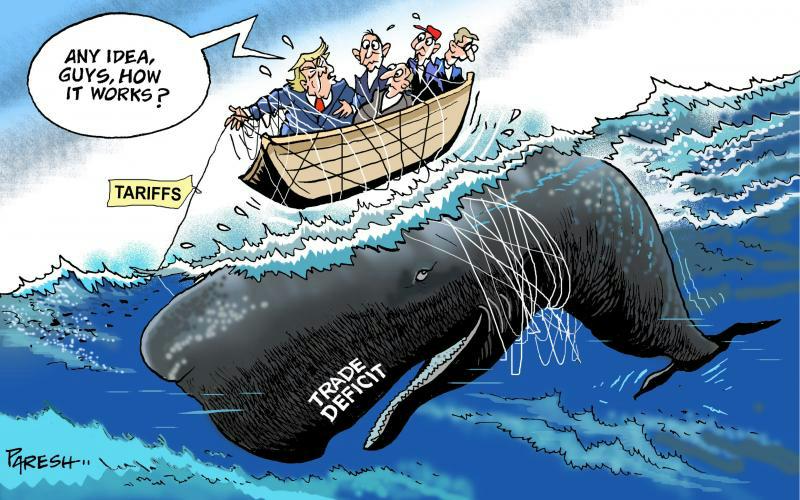Is a Trade Deficit an Emergency? The US Court (and Economists) Say No.

Trump’s tariffs were enacted under the 1977 International Emergency Economic Powers Act (IEEPA); this law was intended to address “unusual and extraordinary circumstances”. But can a persistent trade deficit, which the U.S has faced for approximately five decades, be classified as an emergency? This is where we should unpack the economics.
Tariffs are taxes on imports, used as a tactic to protect domestic industries from foreign competition. The Trump administration claimed these measures were crucial to lessen illegal immigration and battle the drug trade. Yet, from an economic standpoint, using tariffs for such non-economic objectives like political leverage or justifying tariffs to protect strategic industries, raises serious concerns. Tariffs distort market prices, reduce consumer purchasing power, and often invite retaliatory measures from international trading partners
Markets reacted positively to the court’s decision. Here’s why: Investors view stability in a trade policy as a sign of positive economic growth. Unilateral and unnecessarily unpredictable tariff actions, especially those not backed by Congress, create uncertainty. Businesses are less likely to invest in global supply chains if they fear sudden, politically motivated economic barriers. The court’s decision restores a layer of balance, reinforcing that even in trade policy, there is a limit to how much power can be used.
From a broader perspective, this ruling signals a reassertion of institutional control over trade policy. Historically, Congress holds the constitutional power to regulate commerce with foreign nations. By invoking emergency powers to bypass Congress, Trump blurred the lines between managing the economy and political manoeuvring. The court’s unanimous ruling pushes back, reinforcing the idea that economic policy should be driven by data and strategy, not short-term politics.
This doesn’t mean that protectionism is necessarily dead. Tariffs, quotas, and subsidies still form part of many nations’ economic toolkits. However, this decision may prompt future administrations to pursue more sound approaches, such as negotiating trade agreements or working through international bodies like the WTO.
As students of economics, we must ask: Should trade policy be reactive or proactive? Should it be driven by data or by perceived threats? The federal court’s ruling may not resolve these questions outright, but it certainly reframes them. And in doing so, it reminds us that good economics often begins with good governance.
– By Vansheeka Sarin
